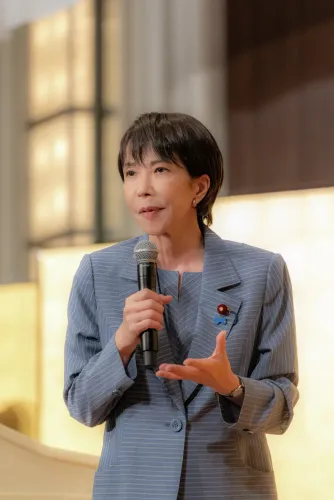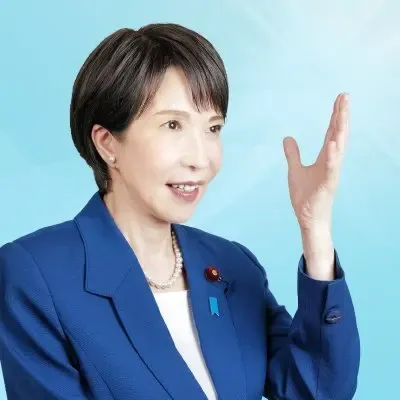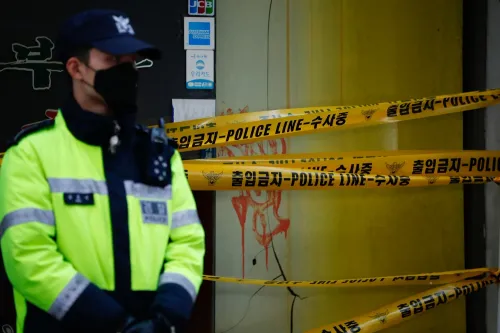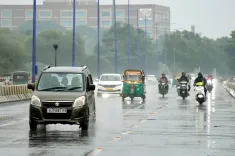Can South Korean President Lee Inspire Police Reform for Public Trust?
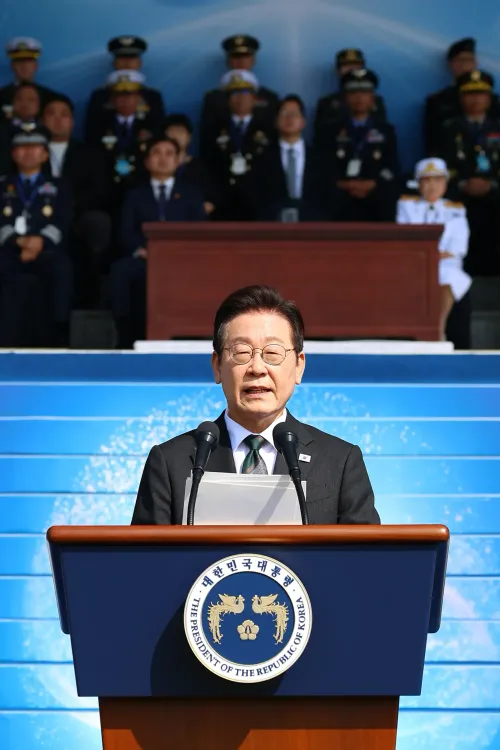
Synopsis
Key Takeaways
- President Lee emphasizes the need for police reform.
- Focus on enhancing public trust.
- Importance of police neutrality and accountability.
- Separation of investigative and prosecutorial powers.
- Adoption of technology to combat emerging threats.
Seoul, Oct 21 (NationPress) President Lee Jae Myung of South Korea urged the national police on Tuesday to initiate reforms aimed at transforming the force into a law enforcement agency that gains the trust of the public. He emphasized his commitment to enhancing police neutrality and implementing democratic oversight.
During a ceremony commemorating National Police Day, Lee's comments came as his administration pushes for prosecution reform that seeks to divide indictment and investigative powers while progressively expanding regional police systems, as reported by Yonhap News Agency.
"To genuinely evolve into a police force cherished and trusted by the public, innovation and change within the police department are essential," Lee stated in his address.
He further questioned, "As we anticipate significant changes, including the gradual establishment of an autonomous police framework and the division of investigative and prosecutorial functions, the public is rightfully asking, 'Will our lives genuinely improve with expanded police authority?' The police must be prepared to provide a sincere response to this inquiry," he remarked.
The National Assembly, under the ruling party's control, has passed legislation to dismantle the prosecution headquarters, establishing two new entities responsible for indictments and investigations.
Like his liberal predecessors, Lee has prioritized prosecution reform, facing criticism for the abuse of exclusive powers in politically charged investigations.
His remarks on Tuesday were interpreted as a clear directive to the police, signaling the necessity for reforms that enhance their obligations to the public.
Lee urged the police to bolster accountability and fairness in their investigative processes, striving to create a reliable investigative system.
He also spotlighted the significance of police neutrality, condemning the involvement of some police leaders in the December 3 martial law incident led by then-President Yoon Suk Yeol.
"We will eliminate that shameful chapter and ensure that the police serve as a democratic body that upholds the Constitution and the people through neutrality and democratic oversight," Lee asserted.
He called for the police to evolve into a "smart" force capable of addressing emerging threats such as voice phishing and deepfake cybercrimes, highlighting the necessity for enhanced interagency collaboration and the integration of artificial intelligence to proactively combat these issues.
Additionally, Lee advocated for preemptive measures to safeguard ordinary citizens amid increasing incidents of dating-related crimes and stalking, alongside rigorous actions against drug-related offenses and the establishment of comprehensive treatment and rehabilitation systems.


